In a recent social media post, we shared our reflections on the often overlooked aspect of onboarding within the private service industry. As a team deeply invested in this field, we’ve come to realize the critical importance of effective onboarding for ensuring success, both for employees and clients alike.
Regardless of the industry, onboarding serves as a foundational pillar for integrating new team members smoothly into their roles. However, in the realm of private service, where the dynamics of household management require a unique blend of skills and sensitivities, the significance of onboarding takes on added weight.
Key Elements of Effective Onboarding
A robust onboarding process involves several key elements. Firstly, setting clear expectations is essential. From day one, new hires should have a comprehensive understanding of their roles, responsibilities, and performance metrics. This clarity lays the groundwork for success and minimizes confusion down the line.
Training and Leadership in Onboarding
Thorough training is another crucial component of effective onboarding. In the private service sector, where every home is unique and personal preferences vary widely, comprehensive training ensures that employees are equipped with the skills and knowledge needed to excel in their roles. From mastering household procedures to understanding the nuances of client preferences, thorough training sets employees up for success. In many cases, the responsibility for providing this training falls on the shoulders of experienced leadership within the household. This may include individuals such as the Estate Manager, Chief of Staff, or other senior staff members who possess a deep understanding of the household dynamics and client preferences. These leaders play a pivotal role in imparting essential knowledge and guidance to new hires, ensuring they are well-prepared to meet the expectations of the household and deliver exceptional service to the client. By leveraging the expertise of seasoned professionals within the household leadership, the onboarding process can be streamlined and tailored to meet the specific needs of both the employees and the client.
Addressing Client Concerns During Onboarding
For clients who may be new to hiring household staff, the onboarding process can be especially daunting. In such cases, the guidance of an experienced manager or HR professional is invaluable. By providing expert guidance and support, these individuals can streamline the onboarding process, ensuring a seamless transition for both clients and employees.
Cultivating Personal Connections
Equally important is the cultivation of personal connections. In a profession centered around providing personalized service, fostering genuine rapport between employees and clients is paramount. This human element of onboarding goes beyond mere technical training; it involves building trust, understanding, and mutual respect. By nurturing these personal connections from the outset, employees can forge meaningful relationships with clients, leading to greater satisfaction and loyalty.
In the end, prioritizing comprehensive onboarding practices brings substantial benefits. It not only enables employees to excel in their roles but also boosts client satisfaction and nurtures enduring relationships. Additionally, it eliminates the revolving door scenario, ensuring that everyone is positioned for success from the start.




